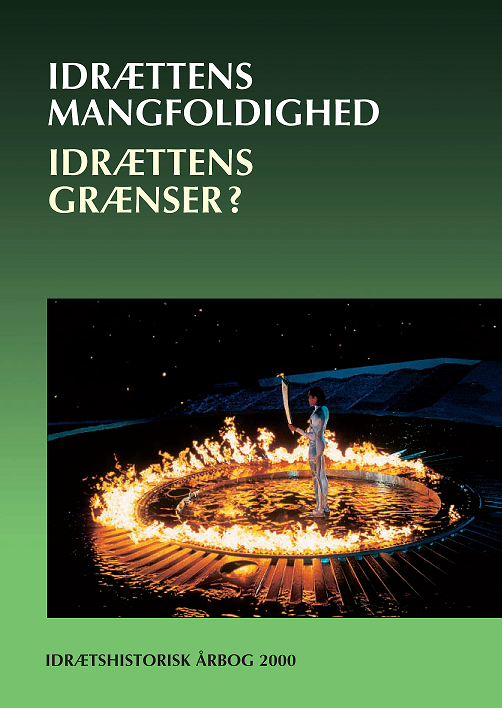Nationens ansigt. Sport og nationalisme
DOI:
https://doi.org/10.7146/ffi.v16i0.31750Resumé
The Face of the Nation. Sport and Nationalism
This article looks at some of the ways in which sport and nationalism connect and how, in an age of ever closer political and economic ties between EU member states, the world of sport provides a framework for the promotion of individual national identity. Sport and especially large-scale televised sports extravaganzas are not, as is sometimes suggested, events which cement notions of global community but rather arenas in which nationalism and national feelings are confirmed time and time again. I look here at a number of different theoretical views on the nature of nationalism and relate these to how the world of sport acts out these theories in practice. Special emphasis is placed on Benedict Anderson’s idea of Imagined communities, which has come to play such an important role in the understanding of the premises which form the basis for national identity. I also look at Michael Billig’s idea of Banal Nationalism and pursue the idea that sport seems to represent an interesting paradox of banal vs non-banal.
The second part of this article analyses how the printed media in Denmark wrote about the Danish national team during the finals of the European Cup in 1992. I will examine how the press reinforced ideas of national identity and what images and symbolic references were used to this end.

